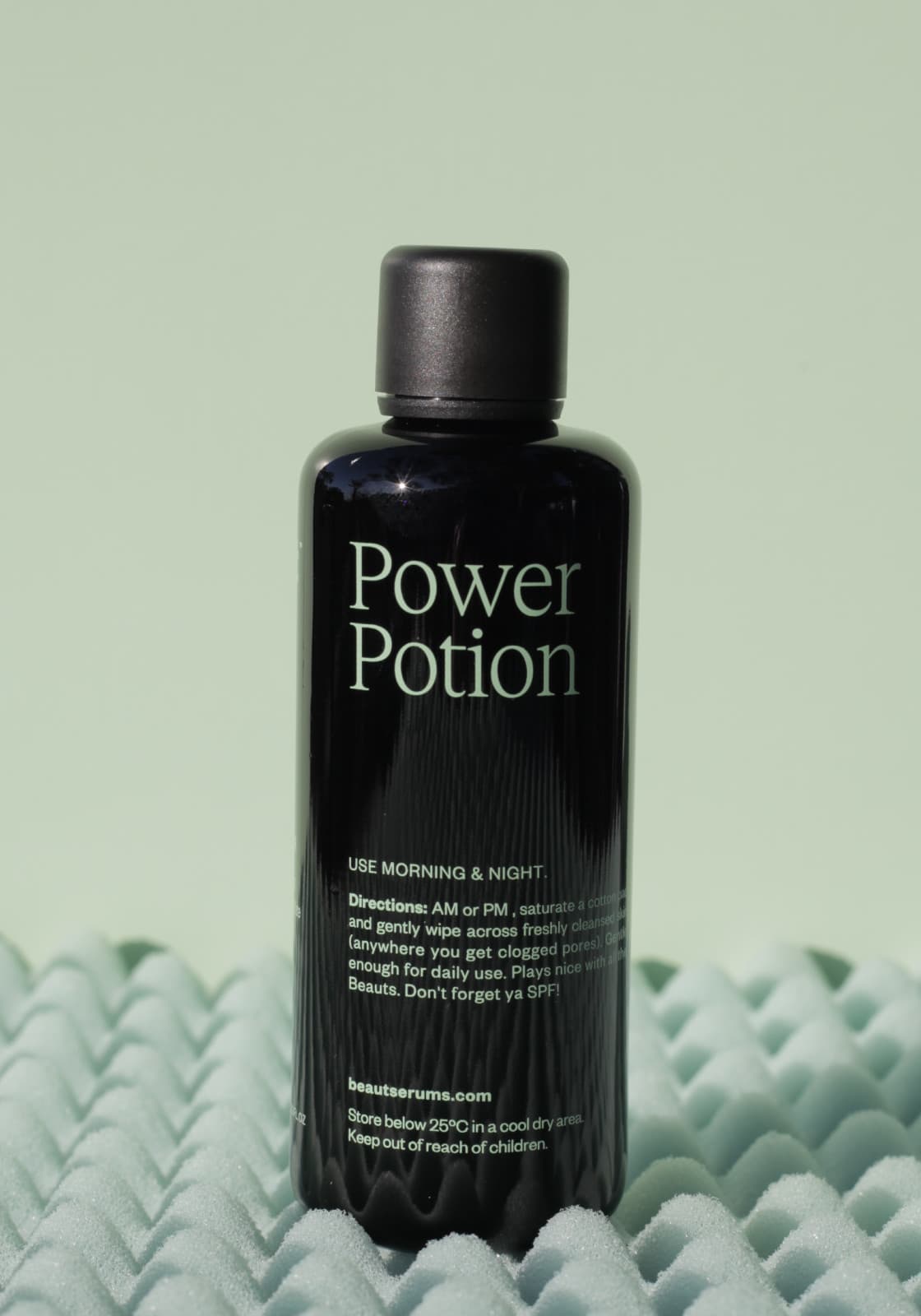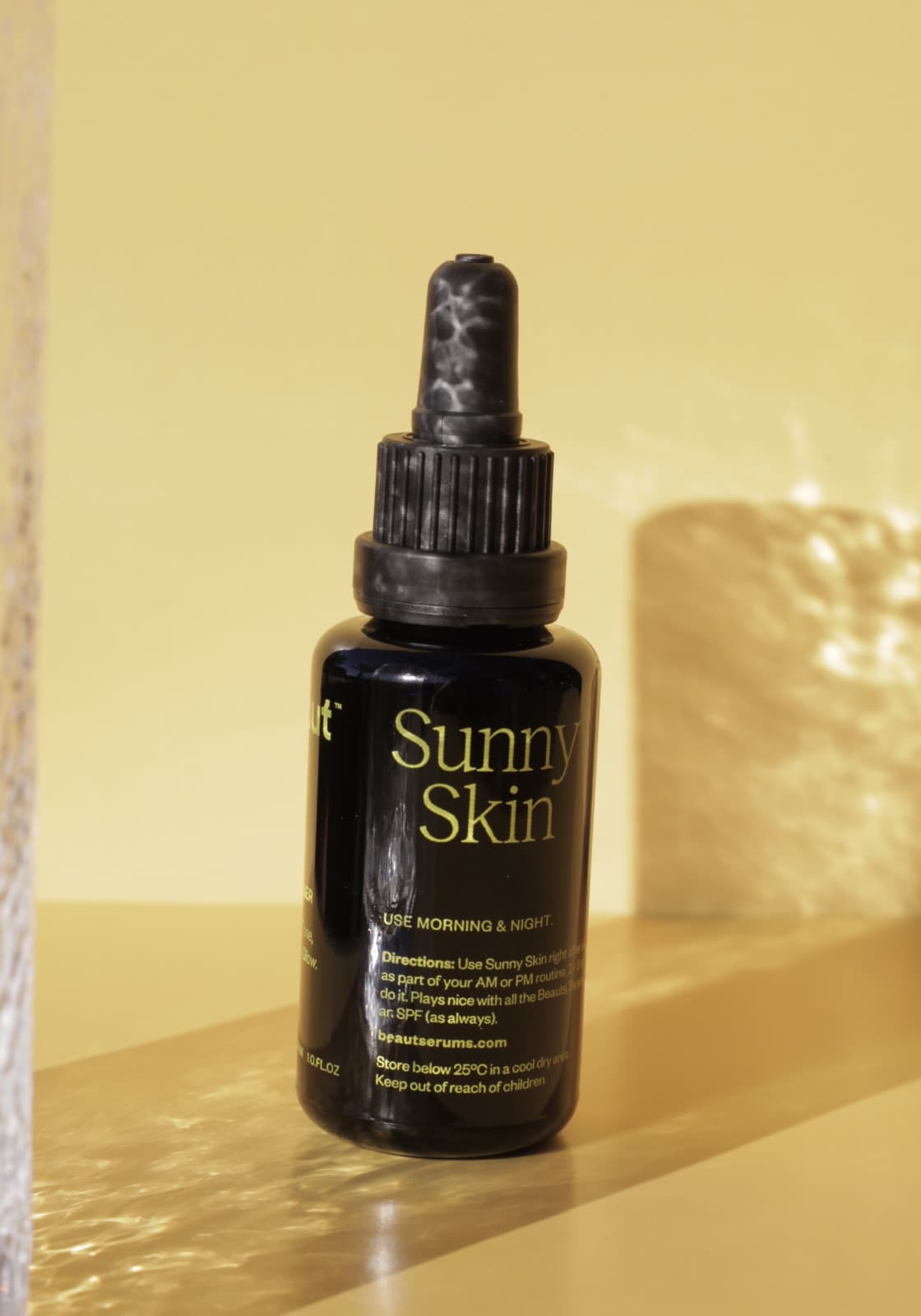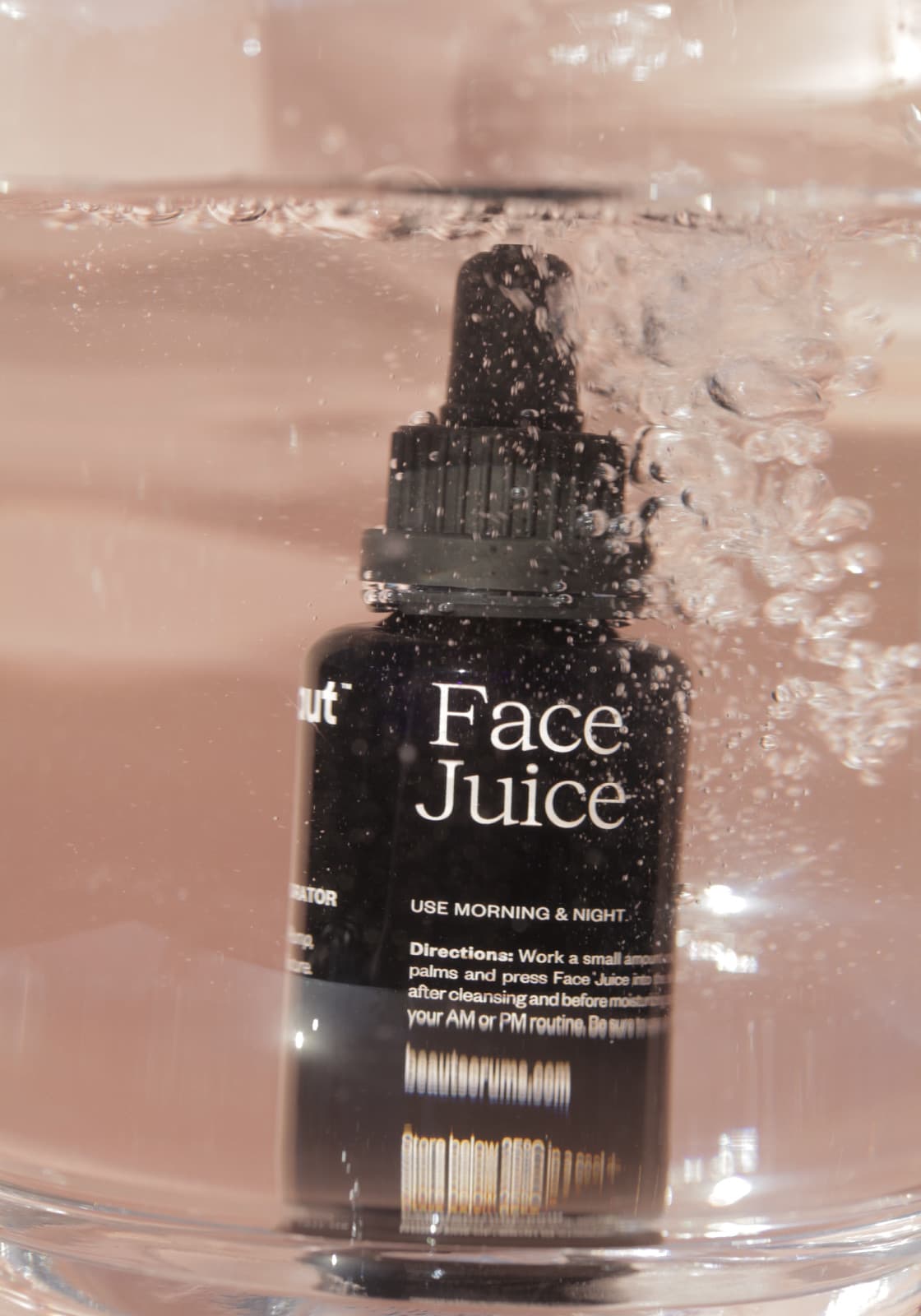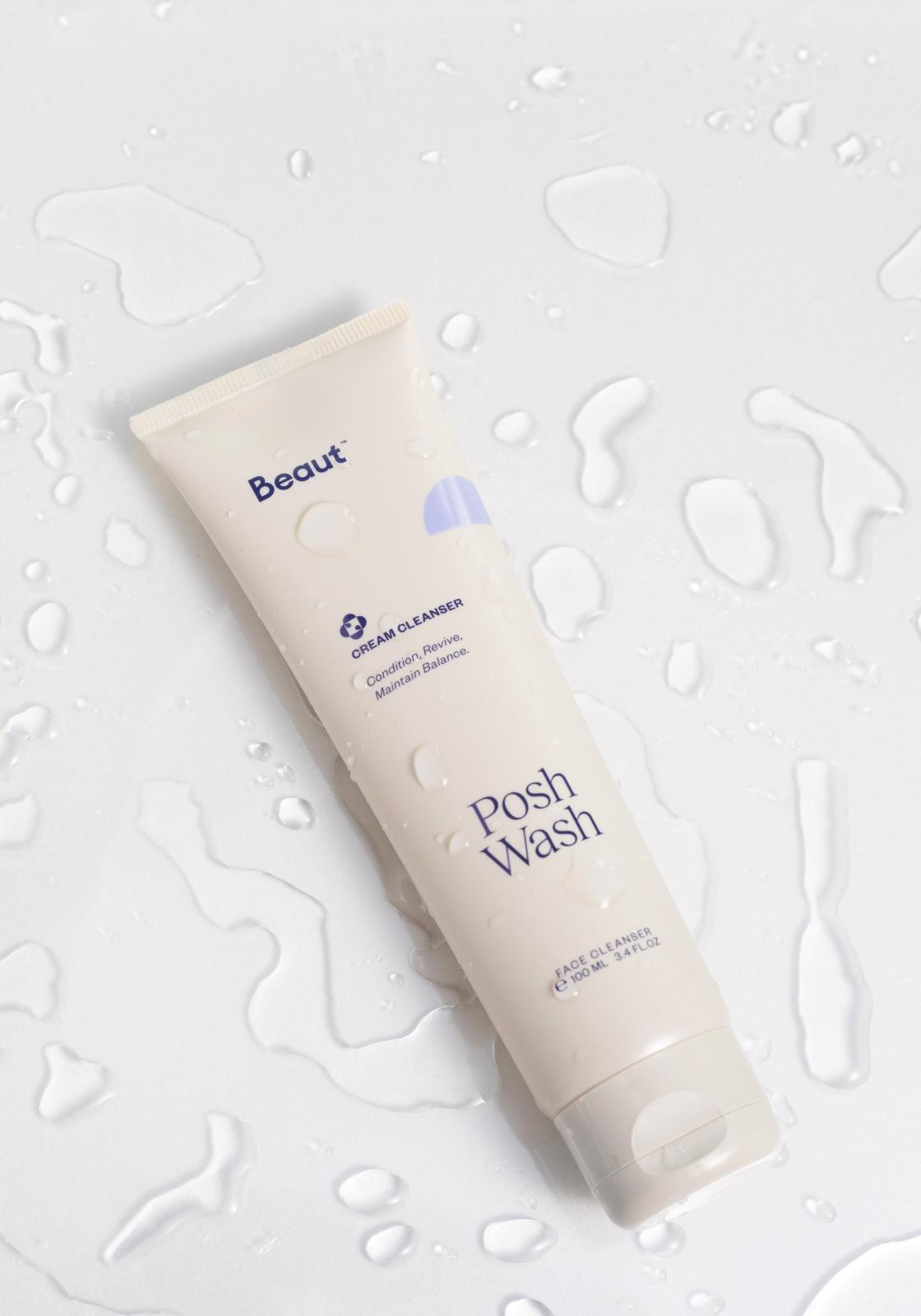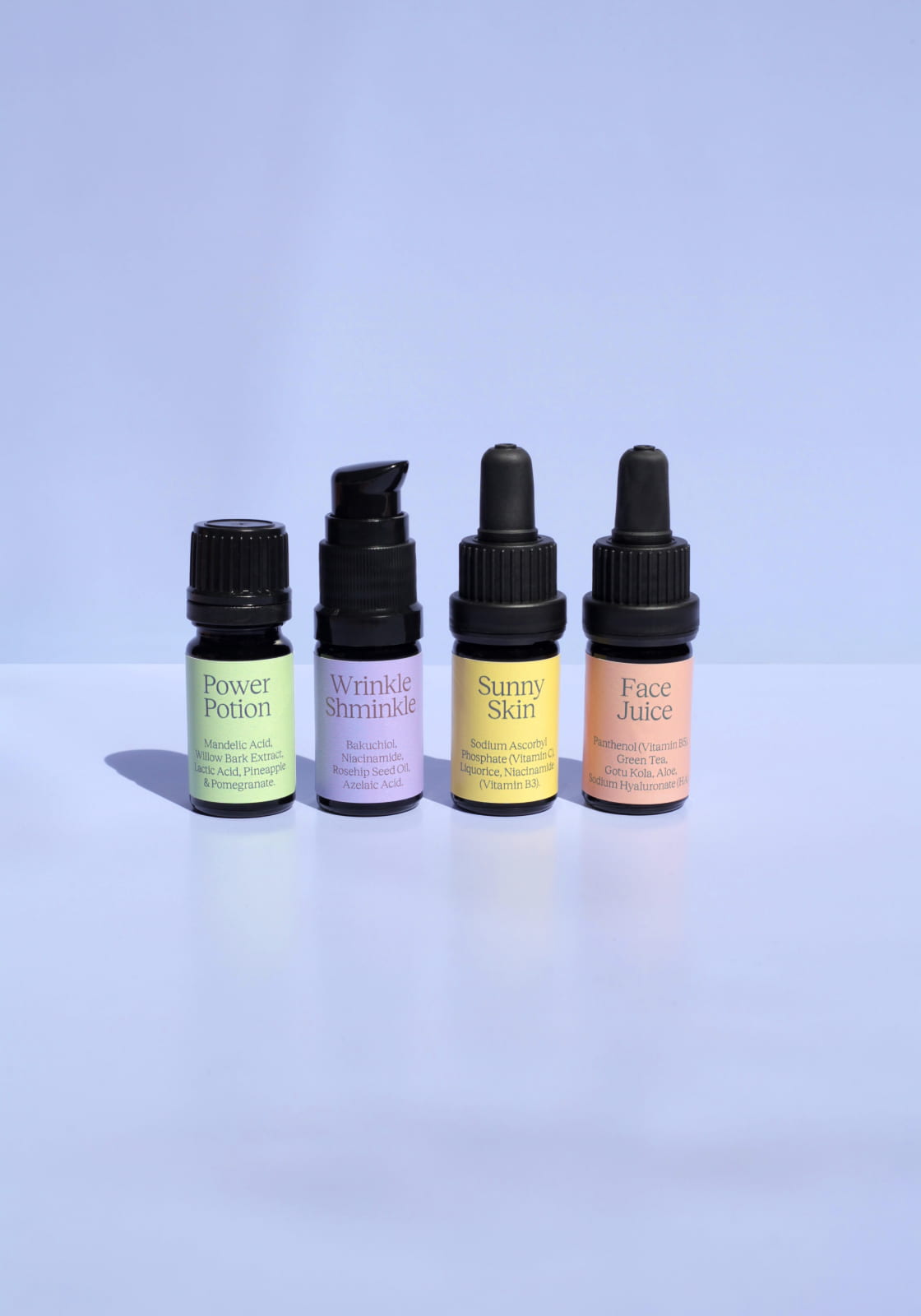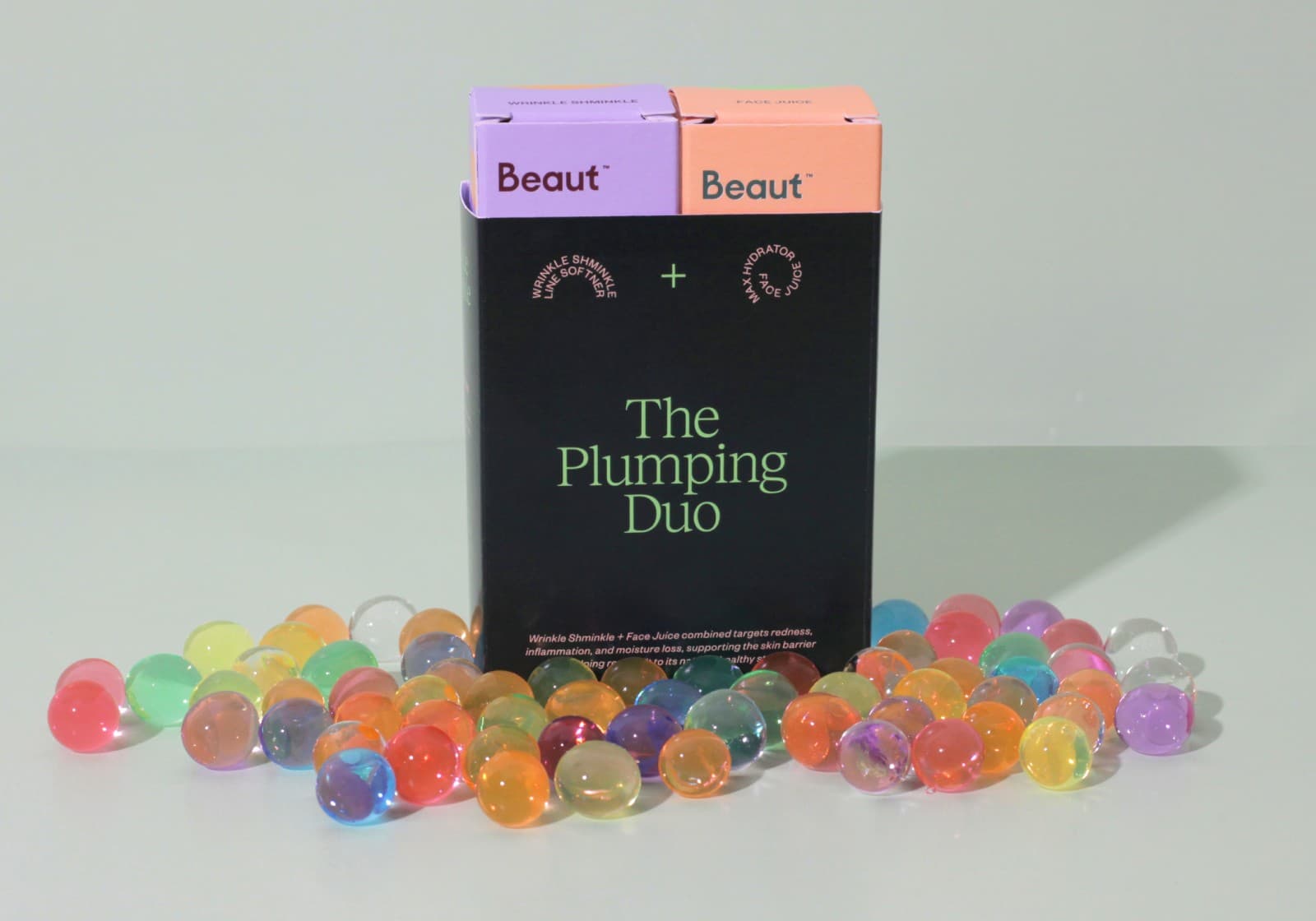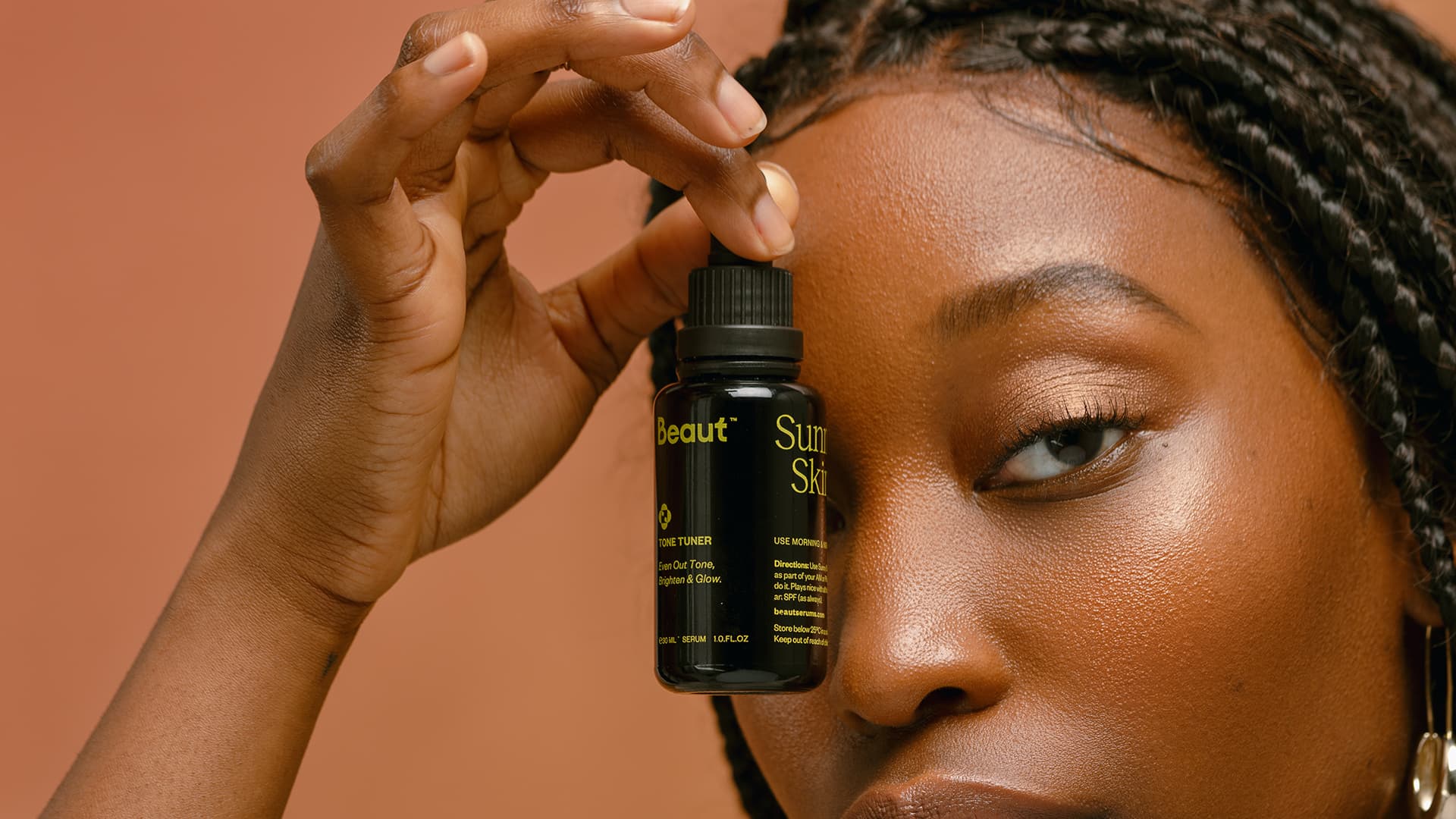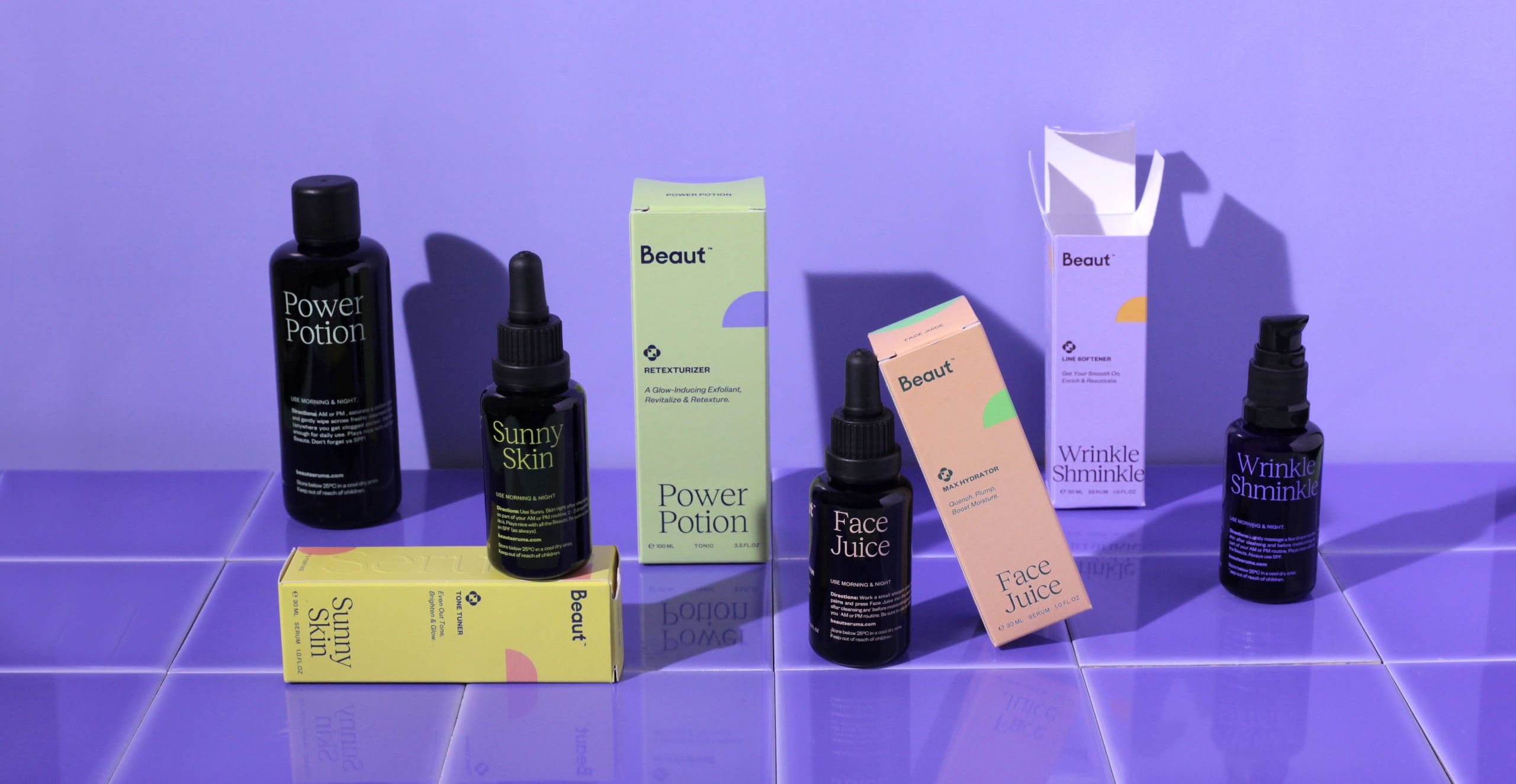All About Bakuchiol
18.06.21

If you're anyone privy to what's new on the beauty block, then there's a high chance that you've heard about the skincare-enthusiast-dubbed 'natural alternative to retinol', called Bakuchiol. This wonder ingredient first started creating a buzz in 2018, when clinical studies demonstrating that Bakuchiol is comparable with retinol first came about. And while there's no arguing that retinol is a great pick for maintaining a youthful glow as you age, it's also known to be one of those tricky skincare ingredients that can irritate and cause sensitivities to the skin. So the buzz about an alternative makes sense. But skin tolerance isn't the only reason you may want to make the switch to Bakuchiol, there’s a considerable list of benefits that supports its superiority to traditional retinol use. So let’s take a deep dive into the advantages of this promising ancient plant extract.
The Breakdown
Name: Bakuchiol (pronounced ba-koo-heel)
Origin: Plant-based Babchi Extract, derived from the Ayurvedic Babchi plant.
Why we love it: With retinol-like functionalities, (but without the irritating side effects), it's been shown to smooth fine lines and wrinkles, and improve the appearance of skin.
Find in: Wrinkle Shminkle
Use with: Hydrating serums and moisturisers
With centuries of use in traditional Chinese and Ayurvedic medicine, Bakuchiol is derived from the leaves and seeds of the purple-flowered babchi plant and possesses antioxidant, anti-inflammatory, and antibacterial properties. And while it has no structural resemblance to retinoids, studies have shown that Bakuchiol functions similarly to retinol in the way that it affects gene expression (In other words, how it manipulates the cellular structure of our skin).
Just like retinol, it encourages cell turnover, which makes it great for treating acne and stimulating collagen production without any risk of reactions like dry skin and redness that is often associated with traditional retinol use.
More than this, Bakuchiol has been found to improve the overall brightness of the skin, while aiding to rebalance an uneven skin tone and boost skin plumpness to another level.
“One study confirmed its ability to minimise pores, boost firmness, smooth out texture and lessen fine lines, all within 12 weeks of consistent use.”

The same study also showed a significant improvement in photodamage (the effects of prolonged sun exposure) in a side-by-side comparison with retinol, and noted that none of the negative retinol-associated side effects were found.
Now, you may be thinking that just because it’s derived from a plant doesn’t make it inherently better than retinol. And if your skin can tolerate retinol use, then why make the change? Firstly, you’d be right in thinking that natural doesn’t automatically equal safer and better. But –and here is the best part– because Bakuchiol is not retinol, it is not sun-sensitizing. So you can use it day and night, or whenever you please. (But we still recommend a habit of using SPF during the day). Bakuchiol also has the potential to be safe to use during pregnancy and breastfeeding, which retinol is not. So if you’re dedicated to your skincare routine and afraid of what might happen to your skin if you decide to fall pregnant and will have to give up all of your targeted serums for a good year and half at least, you’ll be happy to know that Bakuchiol is here to save the day (and your skin). Although during this time, I’d imagine sleep may overpower your urge to lather on serums.
Find it in:
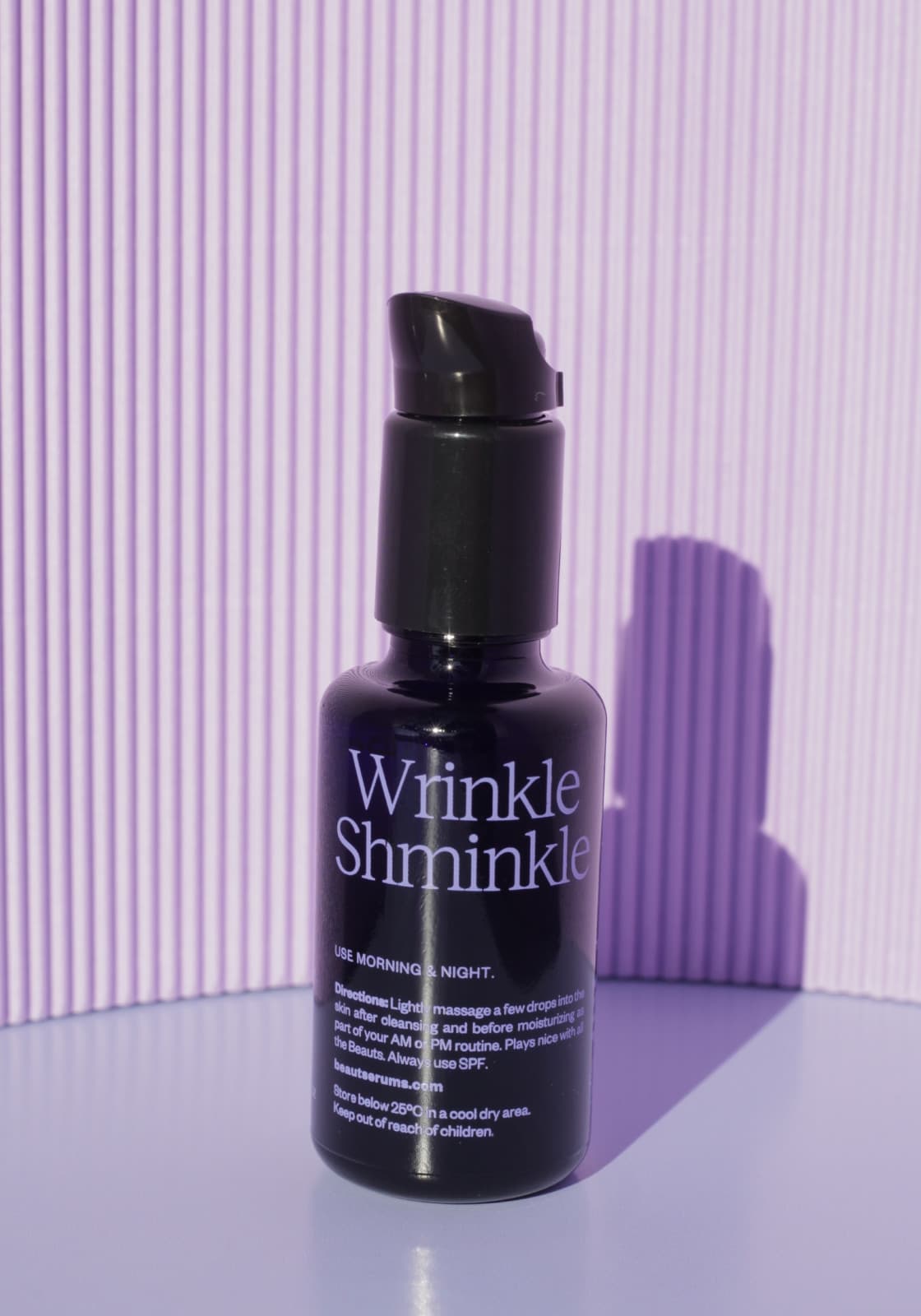
Wrinkle Shminkle
R 720
1% Bukuchiol is a potent antioxidant that is known to be less irritating than its retinol counterpart. Used in combination with Azelaic acid, an ultra-gentle exfoliator at 1% strength, it works as an effective solution for softening the appearance of wrinkles, refining skin texture, and improving uneven skin tone, while 1% niacinamide and rosehip oil keeps the skin balanced and protected.
